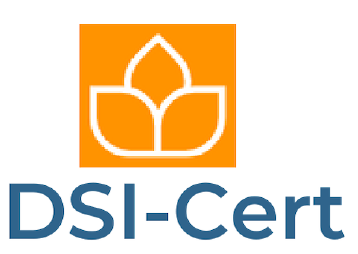Introduction
In today’s fast-paced and competitive business landscape, ensuring the highest level of product and service quality is paramount for success. Consumers have become more discerning, demanding products and services that not only meet but exceed their expectations. As a result, quality inspection has emerged as a critical component in various industries, helping businesses deliver excellence and maintain their competitive edge. In this article, we will delve into the significance of quality inspection in driving business success and explore how it can benefit your new venture.
1. Understanding Quality Inspection
Quality inspection refers to a systematic process of examining products, services, or processes against predetermined standards to ensure they meet specific criteria for performance, safety, and compliance. By implementing comprehensive inspection protocols, businesses can identify defects, inconsistencies, or inefficiencies early in the production or service delivery process, thereby preventing costly issues down the line. This process is instrumental in maintaining consistent quality, reducing waste, and enhancing overall customer satisfaction.
2. The Role of Quality Inspection in Business Success
a. Customer Confidence: Quality inspection instills confidence in customers that they are receiving a reliable and well-crafted product or service. Satisfied customers are more likely to become repeat buyers and act as brand advocates, driving positive word-of-mouth marketing.
b. Compliance and Safety: In industries like manufacturing, healthcare, and food services, adherence to strict regulatory standards is essential. Quality inspection ensures compliance with safety regulations, reducing the risk of legal liabilities and damage to the company’s reputation.
c. Cost Reduction: Detecting and rectifying defects early in the production process can significantly reduce the costs associated with rework, returns, and warranty claims. Moreover, streamlined processes lead to improved efficiency and cost savings.
d. Process Improvement: By closely monitoring the inspection data, businesses can identify patterns and trends, enabling them to make data-driven decisions for process improvement and optimization.
e. Supply Chain Management: Quality inspection facilitates a robust supply chain management system by holding suppliers accountable for meeting specified quality standards. This ensures that the entire production process maintains the desired level of excellence.
3. Implementing Quality Inspection
a. Establishing Standards: The first step in quality inspection is setting clear and measurable standards for products or services. These standards should align with customer expectations, regulatory requirements, and industry best practices.
b. Choosing Inspection Methods: Depending on the nature of your business, you can employ various inspection methods, such as visual inspection, sampling, destructive testing, or non-destructive testing. Automated inspection technologies, like machine vision systems, can also be considered for efficiency and accuracy.
c. Training and Qualification: Equipping your quality inspection team with the necessary skills and knowledge is vital. Invest in proper training programs and certifications to ensure the team can effectively carry out their responsibilities.
d. Integrating with Operations: Quality inspection should be integrated into the entire production or service delivery process. This way, issues can be identified and addressed at every stage, minimizing the impact on the final output.
4. Leveraging Technology
In today’s digital age, technology plays a pivotal role in quality inspection. Advanced data analytics, artificial intelligence, and machine learning can analyze vast amounts of data, identifying patterns and anomalies with remarkable accuracy. Embracing cutting-edge technologies can enhance inspection precision and efficiency, leading to better outcomes for your business.
Conclusion
As you embark on your journey of starting a new business in quality inspection, remember that your commitment to delivering excellence will be the key to your success. Quality inspection not only safeguards your customers’ trust but also fosters an environment of continuous improvement within your organization. By leveraging the power of technology and adhering to the highest quality standards, your venture can become a trusted partner in ensuring top-notch products and services in your industry. Stay vigilant, adapt to changes, and let quality inspection become the cornerstone of your business’s triumph in the competitive marketplace.






